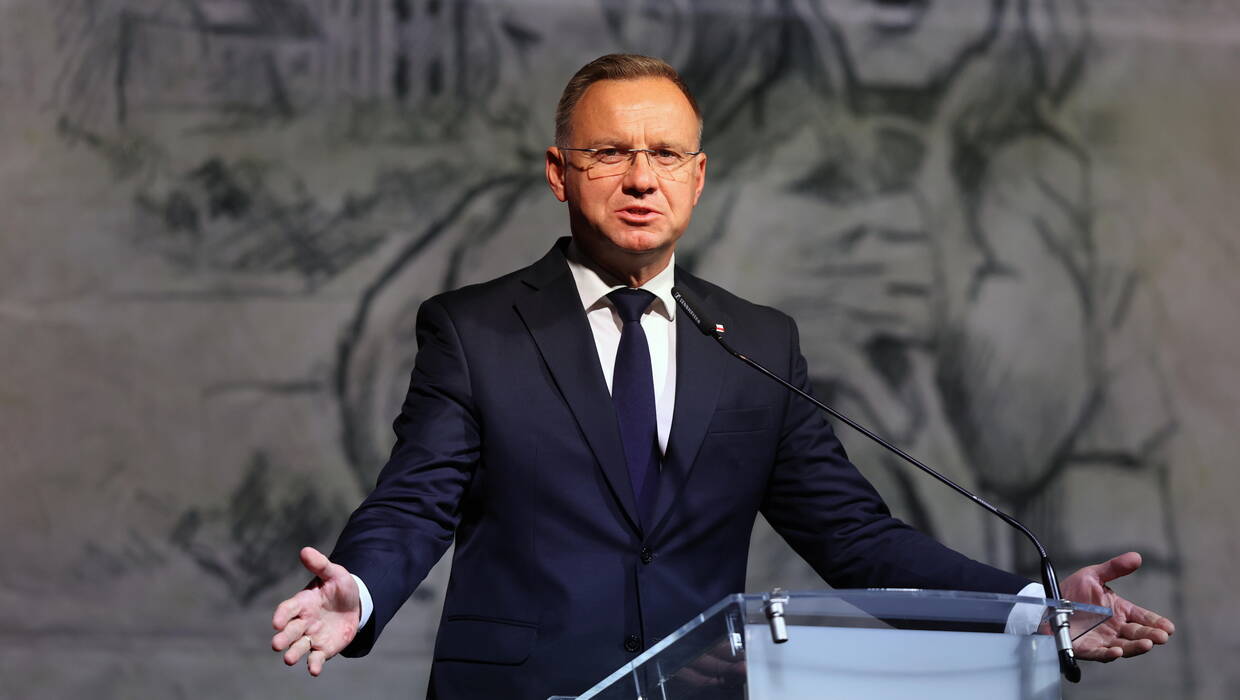
Duda made the statement on Sunday morning in Wielun, the first civilian town targeted by Nazi German air force, the Luftwaffe, in the small hours of September 1, 1939.
"We have forgiven but we remember even though it is still painful, even though there are still tens of thousands of people who were personally harmed by the Germans," the president said.
"Forgiveness and admission of guilt are one thing while the compensation for damages is another one. And this matter has not yet been settled and has never been settled for the last 80 years, including the entire period of World War II," Duda continued.
The president expressed belief that this matter would be finally closed as "it is a natural thing for someone who has harmed another person to bear the consequences," Duda said.
The president stated that no one could compensate Poland for what it had lost during over 40 years behind the Iron Curtain and added that compensation was not only possible but was a must for all the calculable losses that this country had suffered as a result of the war and aggression.
"And the Polish people expect this," he said.
Referring to the ongoing war in Ukraine fighting against Russia, the president stated that now Poland and the entire free world expected Russia to pay for the crimes in Ukraine.
According to Duda, this is an element of ordinary justice as if there is destruction, then compensation is due.
"And if there is a guilty one, then they are responsible for this," Duda said.
The president stated that the Polish authorities should demand such compensation and expressed conviction that they would be making such demand until they have finally succeeded. He added he also counted on honest support of the international community as Poland should be compensated because "it has always been on the right side."
Before the war, Wielun had around 16,000 residents and was situated only 21 kilometres away from the German border. On September 1, 1939, Nazi Germany dropped 380 bombs on the city. The Luftwaffe bombings, which started at 4:40 a.m. - five minutes before the shelling of Westerplatte - killed close to 1,200 local residents.
According to historians, when the Luftwaffe attacked, no Polish military troops were deployed in or around the city. The city also lacked anti-aircraft defences. Thus, Poland considers the bombing an act of terrorism, as it targeted the civilian population.
During more than five years of war and brutal Nazi German occupation, Poland lost 6 million citizens. It also suffered huge losses to its infrastructure, industry and agriculture.
Poland's previous right-wing government demanded USD 1.3 trillion in damages from Germany. (PAP)
at/mr



